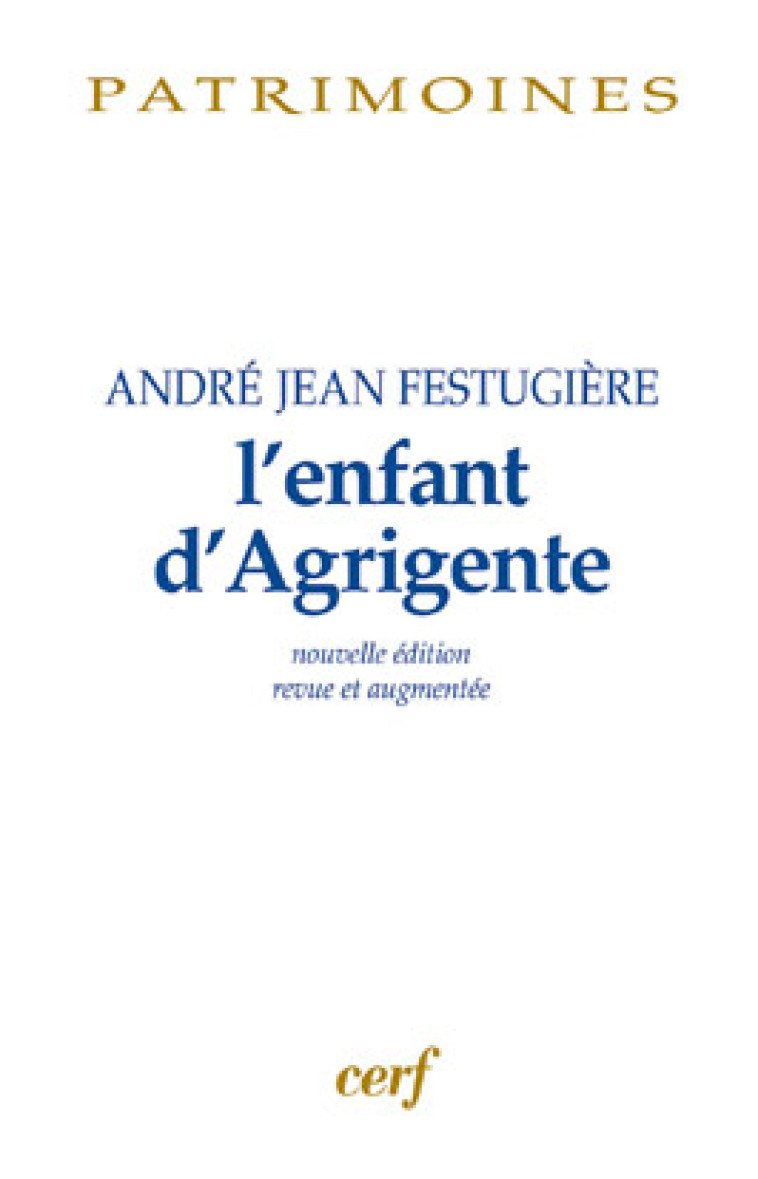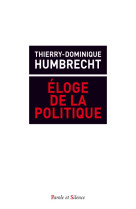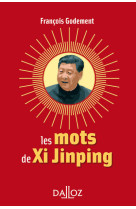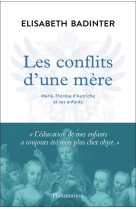L'enfant d'agrigente
André-jean festugière
« Des amis m'ont demandé de réunir quelques études où, pour me délasser de travaux plus austères, j'essayai de lier amitié avec l'âme elle-même, le grand coeur, héroïque et tendre, des anciens, Grecs et Romains. Qui s'avise, chrétien, de toucher à l'âme païenne doit affronter une double critique. Les partisans de l'Évangile jugeront qu'il donne trop de vertus aux anciens sages, ceux qui repoussent l'Évangile, qu'il ne leur en donne point assez... Nul système ne saurait prévaloir contre l'exemple d'un Socrate, d'un Marc Aurèle. Où que je voie un tel accord de l'homme avec sa destinée, sans orgueil, sans illusion, je ne puis faire que je n'admire. Mais il reste que l'Évangile est d'un autre ordre, et qu'on a le droit peut-être d'aimer ce qui est aimable chez l'homme antique tout en demeurant chrétien. » Ainsi s'exprime le père Festugière pour présenter cet ouvrage, l'un de ses premiers livres. Toute la suite de son oeuvre s'y trouve annoncée, traversée d'un bout à l'autre par son accueil de l'expérience religieuse de l'homme antique, païen aussi bien que chrétien. On donne ici une nouvelle édition de cet ouvrage, en l'enrichissant de quelques textes du début comme de la fin de la carrière du père Festugière qui montrent la permanence de cette attitude tout au long de sa vie de savant. Il était bien fondé à dire que son oeuvre voulait être « le clair symbole d'une amitié qui ne veut rien exclure ».
--
"Friends asked me to assemble some of the texts in which, to relax between more austere studies, I tried to create a link of friendship with the very soul - the open heart, heroic and tender - of the Ancients, Greek and Roman. Any Christian who dares to come into contact with the pagan soul must face double-edged criticism. Defenders of the Gospel will judge that you attribute too much virtue to Antique wisdom, those who reject it will complain that you don't attribute enough... No system could prevail over the example of Socrates, or Marcus Aurelius. Wherever I see such harmony between man and his destiny, without pride or illusion, I cannot help but admire it. But it remains that the Gospel is something quite different, and that we have the right to love what can be loved in men of Antiquity while remaining Christian." In these words, Father Festugière explains and presents this book, one of his first. It announces what follows, penetrated throughout by his reception of Antique man's religious experience, pagan or Christian. This is a new edition of the work, enriched by a some texts from the beginning and the end of Father Festugière's career, which reveal the permanence of his attitude all during his scholarly life. He was right in saying that the aim of his work was to be the "clear symbol of a friendship that wished to exclude nothing".






